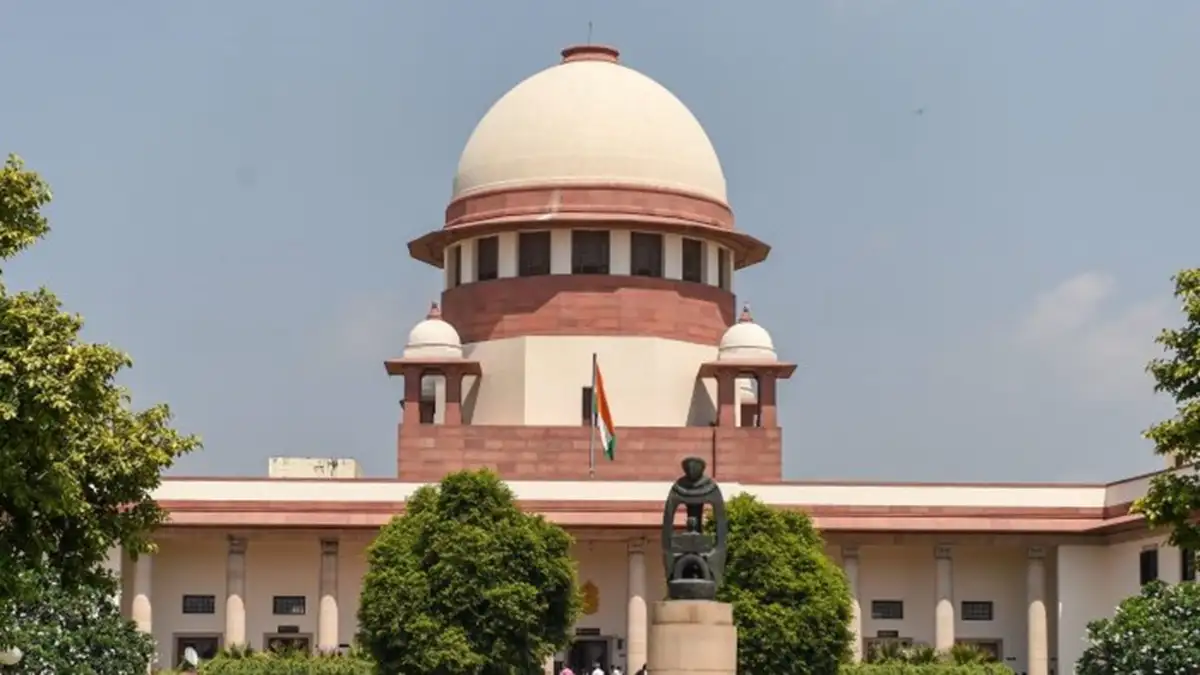
The Supreme Court on Friday refused to entertain a Public Interest Litigation (PIL) seeking to declare the Tax Deducted at Source (TDS) system as “manifestly arbitrary, irrational, and violative of various fundamental rights.” The plea, filed by advocate Ashwini Upadhyay, argued that the TDS mechanism infringes upon constitutional rights.
While declining the petition, the bench observed that the plea was “very badly drafted” and should be moved to the Delhi High Court. “Sorry, we will not entertain it. It is very badly drafted. However, you can move the Delhi High Court,” CJI Sanjiv Khanna said, adding levy of TDS has been the practice in many countries.
“TDS system is ‘arbitrary and irrational'”
The plea filed through advocate Ashwani Dubey sought to scrap the TDS system calling it “arbitrary and irrational” and violative of various fundamental rights, including equality. It challenged the TDS framework under the Income Tax Act, which mandates the deduction of tax at the time of payment by the payer and its deposit with the income tax department. The deducted amount is adjusted against the payee’s tax liability. The plea had made the Centre, ministry of law and justice, law commission, and NITI Aayog as parties.
What is TDS system?
It should be mentioned here that the Tax Deducted at Source (TDS) system is a mechanism of tax collection in India, designed to ensure that taxes are collected at the very source of income generation. Under this system, the payer (referred to as the deductor) is required to deduct a certain percentage of tax before making a payment to the recipient (referred to as the deductee). The deducted tax is then deposited with the government. The petition had sought a re-evaluation of its structure and legality.
(With PTI inputs)


